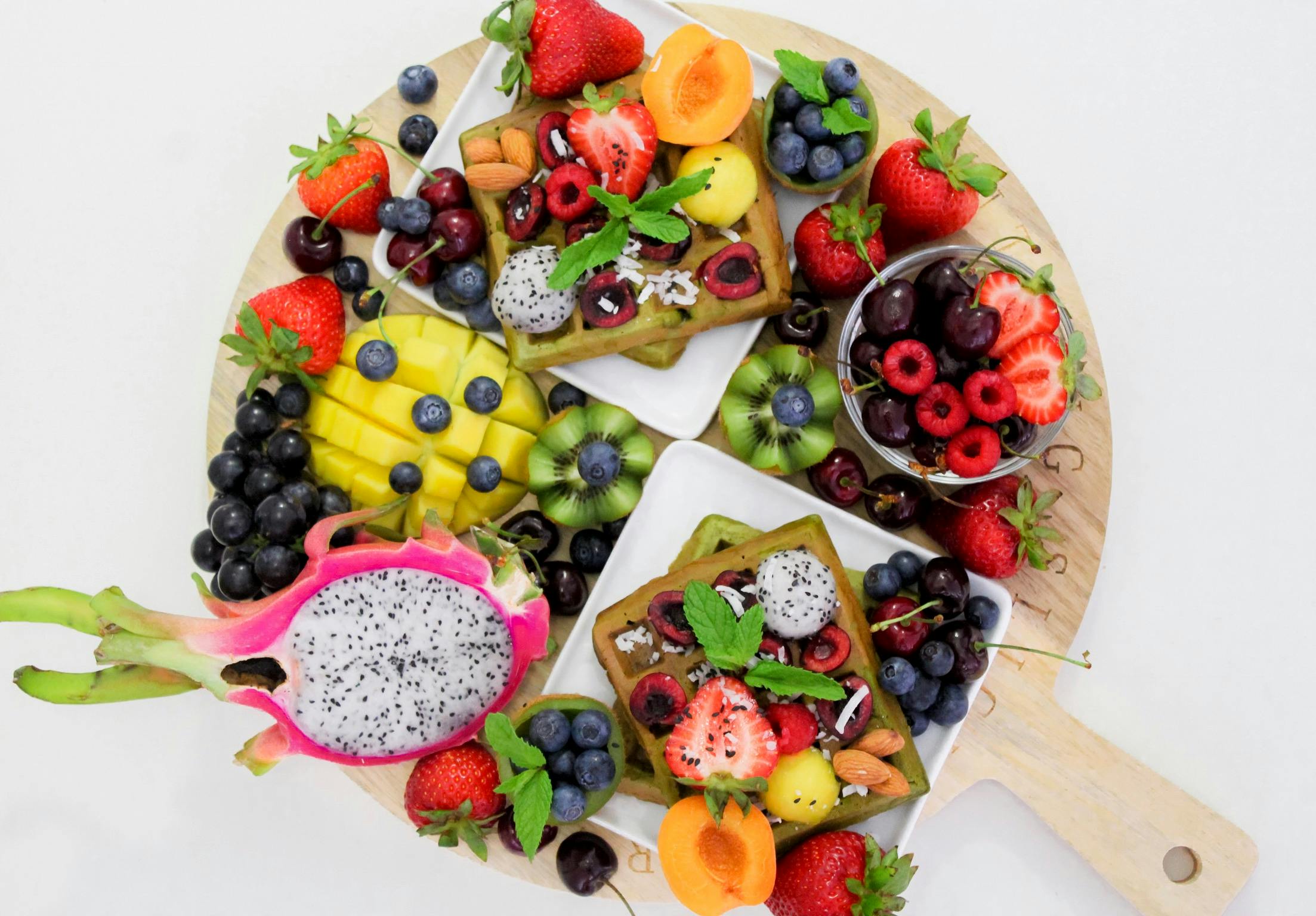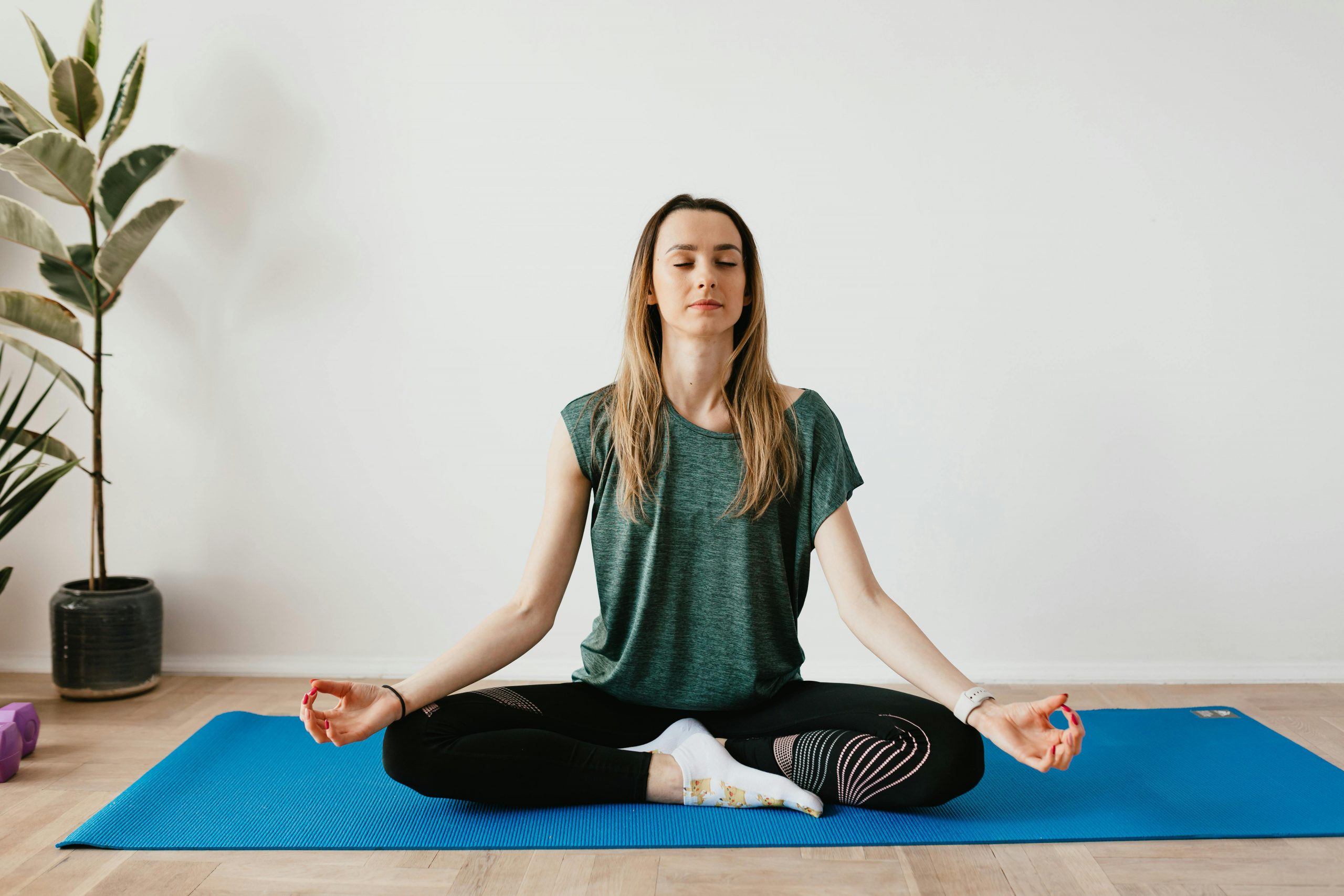
- Self-cultivation nurtures the mind-body connection for holistic well-being.
- Mindfulness and exercise are essential for maintaining mental and physical health.
- Nurturing the body involves nutritious eating and regular exercise routines.
- Cultivating the mind through meditation and lifelong learning enhances inner peace.
- Creating a holistic routine with rituals and online meditation classes promotes balance.
In today’s fast-paced world, finding harmony between your mind and body has become increasingly challenging. With the hustle and bustle of daily life, it’s easy to neglect the connection between your mental and physical well-being. However, self-cultivation, the practice of nurturing oneself holistically, offers a pathway to reclaiming that vital harmony. Especially in the comfort of the home, you can delve into practices that foster this mind-body connection. Explore how you can embark on this journey of self-cultivation from the comfort of your own home in this article.
1. Understanding the Mind-Body Connection:
At the core of self-cultivation lies the understanding of the intricate relationship between your mind and body. The mind-body connection suggests that your mental state profoundly influences your physical health and vice versa. Delving deeper into this connection allows you to realize that caring for one aspect inherently nurtures the other. Here are some ways to foster this understanding:
The Power of Mindfulness:
Practicing mindfulness involves being fully present in the moment observing thoughts and sensations without judgment. Incorporating mindfulness into daily routines can enhance self-awareness and reduce stress levels, thus promoting overall well-being.
Physical Exercise and Mental Health:
Engaging in regular physical activity not only strengthens the body but also has profound effects on mental health. Exercise releases endorphins, neurotransmitters that alleviate stress and elevate mood. This dual benefit highlights the interconnectedness of physical and mental well-being.
2. Nurturing the Body:

A crucial aspect of self-cultivation involves nurturing the physical body. Through mindful practices and healthy habits, you can support your body in achieving optimal health and vitality. Here are some strategies to consider:
Nutritious Eating:
Fueling your body with wholesome, nourishing foods provides the necessary nutrients for optimal functioning. Embracing a balanced diet rich in fruits, vegetables, whole grains, and lean proteins supports physical well-being and enhances energy levels.
Regular Exercise Routine:
Establishing a consistent exercise routine is essential for maintaining physical fitness and promoting overall health. Whether it’s yoga, strength training, or cardio exercises, finding activities that you enjoy and incorporating them into your daily life is key to nurturing your body.
3. Cultivating the Mind:
In addition to physical health, self-cultivation involves nurturing the mind. By practicing mental exercises and adopting a positive mindset, you can cultivate inner peace and resilience. Here are some ways to cultivate the mind:
Meditation Practices:
Meditation is a powerful tool for quieting the mind and promoting inner peace. By dedicating time to meditation each day, you can cultivate mindfulness, reduce stress, and enhance mental clarity.
Lifelong Learning:
Engaging in continuous learning fosters mental stimulation and personal growth. Whether it’s reading books, attending workshops, or learning new skills, embracing a mindset of curiosity and exploration enriches the mind and expands your perspectives.
4. Creating a Holistic Routine:
Building a holistic self-cultivation routine involves integrating various practices that nourish both the mind and body. By combining mindful activities, physical exercises, and mental exercises, you can create a comprehensive approach to self-care. Here are some steps to create a holistic routine:
Establishing a Daily Ritual:
Start each day with a set of rituals that promote well-being, such as morning meditation, stretching exercises, or journaling. Setting aside dedicated time for self-care allows you to prioritize your health and cultivate a sense of balance throughout the day.
Incorporating Qigong Classes:
Consider integrating virtual qigong classes into your routine to enhance your mind-body connection. Qigong, an ancient Chinese practice that combines movement, breath, and meditation, offers a holistic approach to wellness. By participating in these classes, you can cultivate mindfulness, improve physical flexibility, and harmonize your energy flow.
5. Cultivating Self-Compassion:

Self-cultivation also involves cultivating self-compassion and acceptance. Embracing kindness towards oneself allows for growth and resilience in the face of challenges. Here are some ways to cultivate self-compassion:
Practicing Self-Care:
Prioritize self-care activities that nourish your mind, body, and spirit. Whether it’s taking a relaxing bath, going for a nature walk, or indulging in a hobby, carving out time for self-care fosters a sense of well-being and self-love.
Embracing Imperfection:
Recognize that perfection is unattainable and that making mistakes is a natural part of the human experience. Embrace imperfection with kindness and self-compassion, knowing that each setback is an opportunity for growth and learning.
Self-cultivation is a journey of nurturing the mind-body connection and fostering holistic well-being. By understanding the interconnectedness of your mental and physical health, you can embark on a path of self-discovery and personal growth. Through mindful practices, regular exercise, and self-compassion, you can cultivate inner peace, resilience, and vitality. Whether it’s incorporating meditation classes or establishing a daily self-care routine, taking proactive steps to prioritize self-cultivation can lead to a life of balance, harmony, and fulfillment.
